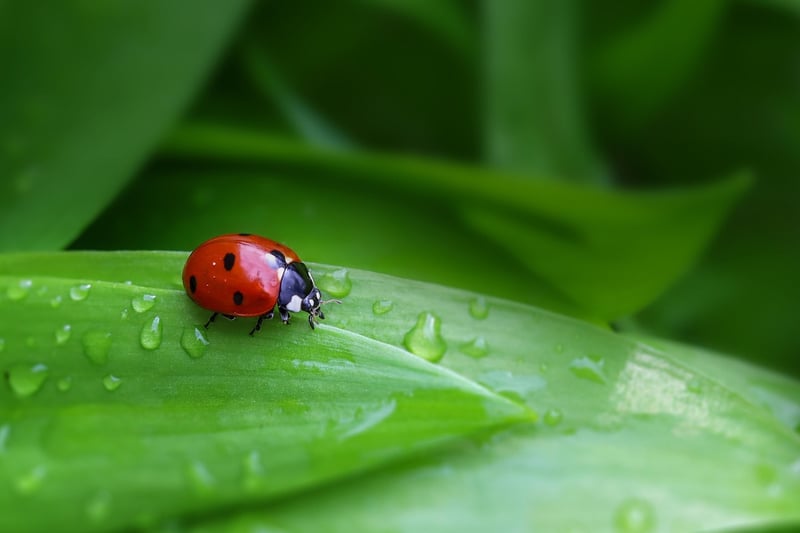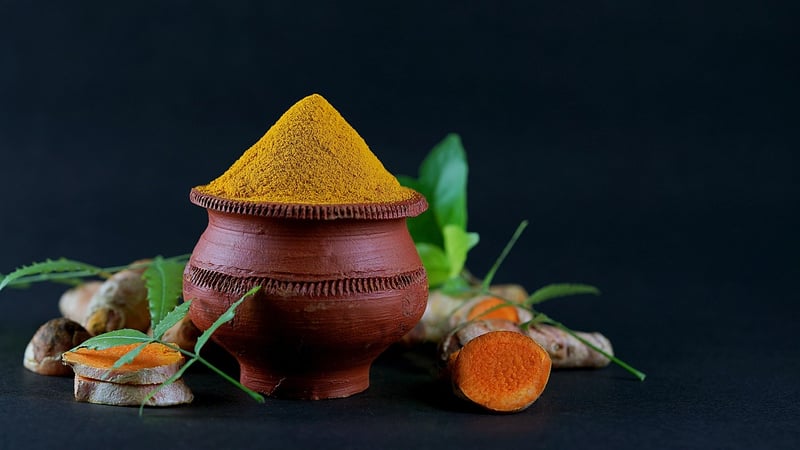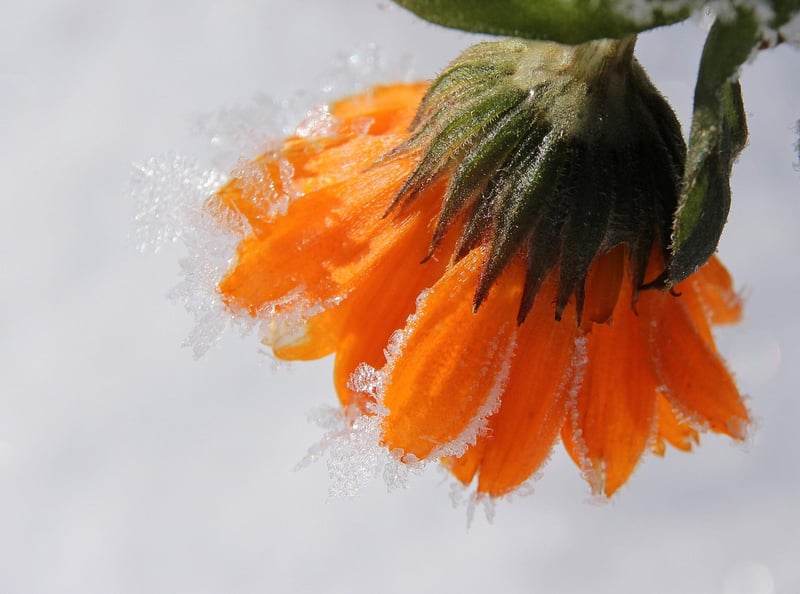Pest Control Methods
Keeping Your Plants Healthy: Pest Control Methods
Welcome to our guide on keeping your plants healthy by effectively managing pests. Plants are vulnerable to various pests that can damage them and hinder their growth. By implementing the right pest control methods, you can ensure your plants thrive and remain vibrant. Let's explore some effective techniques to protect your beloved greens.
1. Regular Inspection
Inspect your plants regularly to catch any pest infestations early. Look for signs such as holes in leaves, sticky residue, or webbing. Early detection can help prevent pests from spreading and causing significant damage.

2. Natural Predators
Encourage natural predators like ladybugs, lacewings, and birds in your garden. These beneficial insects feed on pests, helping to keep their populations in check. Planting diverse flowers and herbs can attract these predators to your garden.

3. Neem Oil Spray
Neem oil is a natural insecticide that can effectively control common plant pests like aphids, mealybugs, and spider mites. Dilute neem oil in water and spray it on your plants to deter pests and inhibit their growth.

4. Homemade Insecticidal Soap
You can make your own insecticidal soap by mixing mild liquid soap with water. Spray this solution on affected plants to suffocate soft-bodied pests like aphids, scales, and whiteflies. Ensure to test on a small area first to avoid damaging sensitive plants.

5. Companion Planting
Utilize companion planting by growing pest-repelling plants alongside susceptible ones. For example, planting marigolds can deter nematodes, and basil can repel mosquitoes and flies. This natural method can help protect your plants from pests.

By incorporating these pest control methods into your plant care routine, you can promote the health and vitality of your green companions. Remember to observe your plants regularly, choose the right control methods, and maintain a balanced ecosystem in your garden. Happy gardening!
